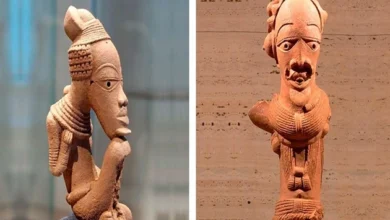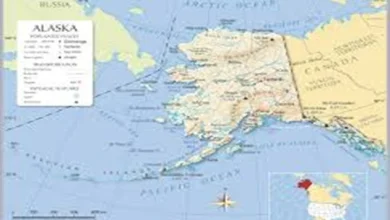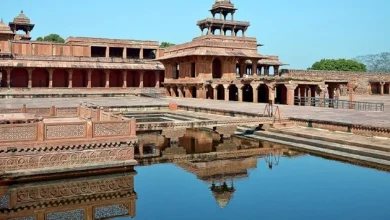Heads of state who ended their careers in prison
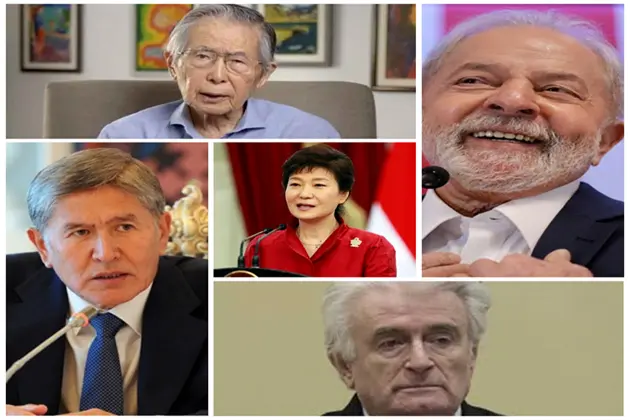
Sometimes, power becomes the only way to stay free or save your life. This situation is achieved by years of holding senior government positions, an endless list of crimes, and complete impunity due to political immunity. Nevertheless, the reckoning often catches up, and then a person realizes the meaning of “collapse.”
5 Heads of state who ended their careers in prison
1. Alberto Fujimori
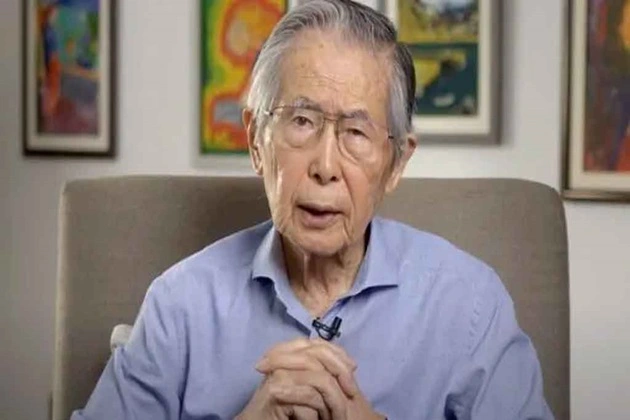
Alberto Fujimori is a Peruvian from a Japanese immigrant family. In 1992, he gained almost absolute power through a “self-coup”: he initiated the overthrow of his government to expand his powers. At the same time, a fierce struggle began against left-wing radical movements like the Bright Path and the Tupac Amaru Revolutionary Movement.
In this case, Tupac Amaru is not the pseudonym of the famous rapper but the name of the last ruler of the Incas. After serving two consecutive terms in power, Fujimori held a referendum allowing him to run again, but dirt began to surface at the end of 2000.
It became known about the bribery and even outbidding of deputies from other parties, as well as the involvement of the Peruvian military in smuggling weapons for the Colombian rebels.
Alberto left the country and requested asylum in Japan, where he faxed his resignation. The Peruvian court did not accept such a voluntary resignation with the wording “persistent moral incompetence,” which means unwillingness to bear responsibility for what they had done.
In Peru, several criminal cases were opened against Fujimori, and the court repeatedly sought the fugitive president’s extradition through Interpol. Japan refused this, referring to its constitution, which prohibits the extradition of its citizens or citizens of other States of Japanese origin.
After taking a deep breath and becoming a little emboldened, Alberto Fujimori began to prepare for future elections, campaigning on the Internet and communicating with potential voters there. Finally, in 2005, the former president arrived in Chile. Having no immunity, he was immediately arrested and soon sent to Peru.
Thus, Alberto Fujimori is the first and, so far, the only democratically elected president who has been deported to his country. The case was considered for four years, and eventually, he was sentenced to 25 years in prison.
2. Almazbek Atambayev
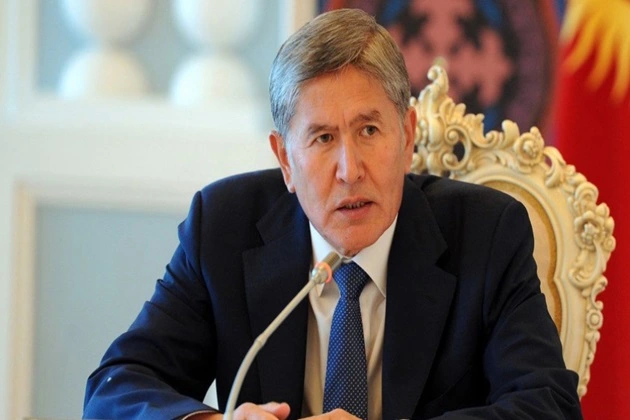
Many scandals mark Atambayev’s presidential term. First, his appointment to responsible positions caused the discontent of the citizens of Kyrgyzstan. For example, in just six years, the president’s driver made a dizzying political career and became one of the country’s one hundred wealthiest people.
Another personal driver of Atambayev became deputy chairman of the Tax Service of the Kyrgyz Republic. His former bodyguard, who performed the most menial work, received a life sentence for the murder of eight people, among whom was a deputy and a colonel of the Ministry of Internal Affairs. However, after Almazbek Atambayev came to power, new circumstances suddenly opened, and the criminal was released.
In 2019, Atambayev was stripped of his immunity and status as an ex-president. Soon, Kyrgyzstan’s law enforcement agencies launched an operation to detain him, but they failed to do so immediately. They were met at Atambayev’s house by barricades and armed supporters of the former president.
More than a hundred people were injured during the skirmish, and at least one special forces soldier was killed. The next day, after lengthy negotiations, the detention did take place. The court sentenced Atambayev to 11 years in prison and the cancellation of all state awards.
3. Lula da Silva
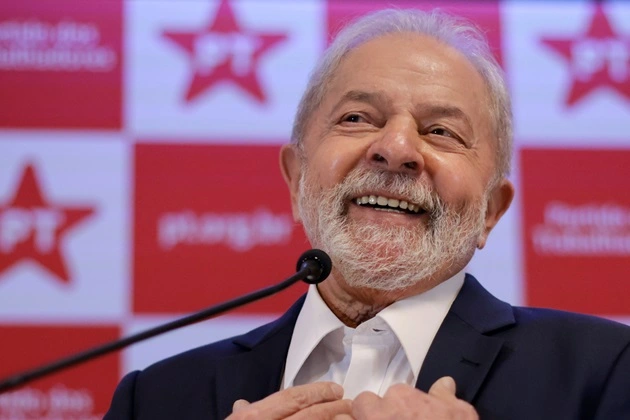
Lula da Silva is the former and highly controversial president of Brazil. On the one hand, many social reforms were carried out during his reign, reducing poverty by 67%. A “Family Package” has been introduced, received by more than 12 million of the poorest families every month. Its conditions are simple: children from these families must attend school regularly and receive the necessary vaccinations.
In addition, inflation has slowed down, reaching its lowest level in the last few decades.
On the other hand, the number of political and corruption scandals has increased markedly during Lulu’s reign.
Deputies of small parties were paid in cash for their loyalty, and equipment for city services was purchased with a fixed ten percent kickback rate. In addition, the ruling party was engaged in “covering up” illegal lotteries and even falsifying dossiers for candidates for elections at different levels and districts.
In 2016, Lulu was detained for interrogation. He is accused of receiving large bribes from representatives of Petrobras (Brazil’s largest oil company). The then-President of Brazil, Dilma Rousseff, appointed Lula da Silva as head of her administration, which ensured his immunity.
However, protests broke out across the country. A federal judge ruled suspending da Silva’s appointment because it interfered with the trial and possibly obstructed justice. As a result, one former president has already received 9.5 years in prison, and Dilma Rousseff will probably join him soon.
4. Park Geun Hye
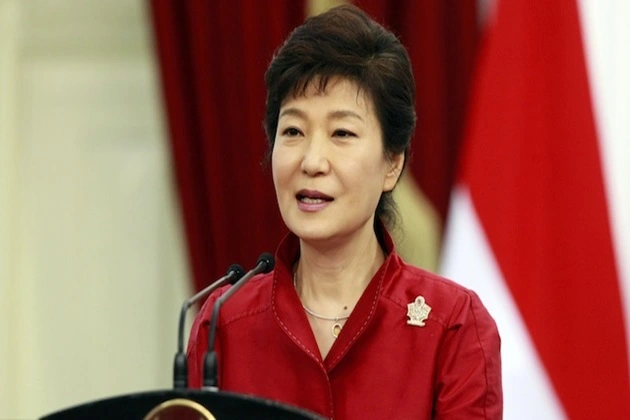
The Republic of Korea is part of the peninsula where a high standard of living, esports players, and a strange (to put it mildly) dictator cannot come to power. But thanks to completely honest and democratic elections, Park Geun Hye, a Yonsege sect member organized by her father, who changed his name six times, can become president.
First, to hide from alimony, since he was divorced five times and has children from each of his ex-wives, and then to hide his relationship with the president and, accordingly, her connection with the sect.
At the end of 2016, it became clear that Park Geun-Hye had been influenced by her inner circle throughout her tenure as head of state. Ignoring the opinions of administration members and experts, she listened to shamans, fortune tellers, sectarians, and a personal gigolo.
On the eve of the impeachment, Park’s rating dropped to 5%, a record low in the entire history of Korea. Corruption scandals have been revealed, and actions equated to treason. So, on her friend’s advice from the sect, Park Geun-hye closed the special economic zone in Kaesong; that is, she cut off trade ties with the DPRK.
As a result, the court sentenced the former president to 25 years in prison and a fine of $ 18 million. However, in neighboring North Korea, Park was sentenced to death in absentia for preparing an assassination attempt on Kim Jong-un.
5. Radovan Karadzic
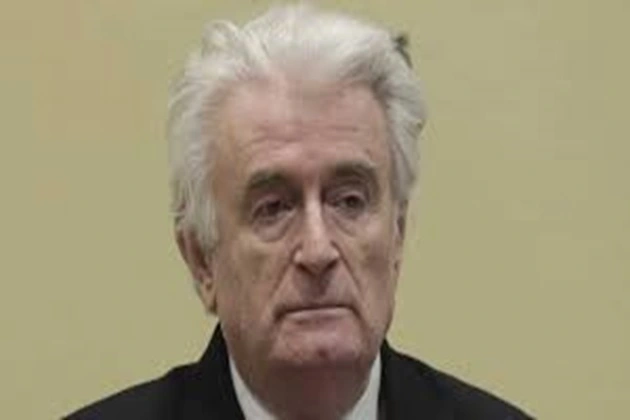
Radovan Karadzic is one of the key figures of the period of Yugoslavia’s collapse and the civil war that broke out in its ruins. After becoming president of the self-proclaimed Republika Srpska on the territory of Bosnia and Herzegovina, Karadzic ordered the formation of the Serbian armed forces.
A brief explanation is needed here: Republika Srpska and Serbia are different entities. The former is part of the Federation of Bosnia and Herzegovina, forming Europe’s most fragile state entity. The second is a separate country, the former center of Yugoslavia.
As President, Radovan Karadzic called for restoring Yugoslavia and commanded the fighting in the Republika Srpska. In 1995, The Hague court accused him of the mass murder of Bosniaks in Srebrenica.
A reward of five million dollars was set for information about Karadzic, but he managed to hide until 2008 (he grew a long beard and lived under a different name in Belgrade). The arrest occurred after an anonymous call. Who “leaked” Karadzic remains a secret. The trial lasted eight years, and in 2016, the International Tribunal for the Former Yugoslavia found Radovan Karadzic guilty on ten (out of eleven) counts, sentencing him to 40 years in prison.
After the appeal, the court revised the decision to a new sentence from 2019, which changed the measure to life imprisonment without the right to appeal. Without access to the case file, it is impossible to establish whether Radovan Karadzic is a criminal of this magnitude. However, of all those convicted by the Tribunal for the Former Yugoslavia, about 90% are Serbs, which raises some suspicions.


